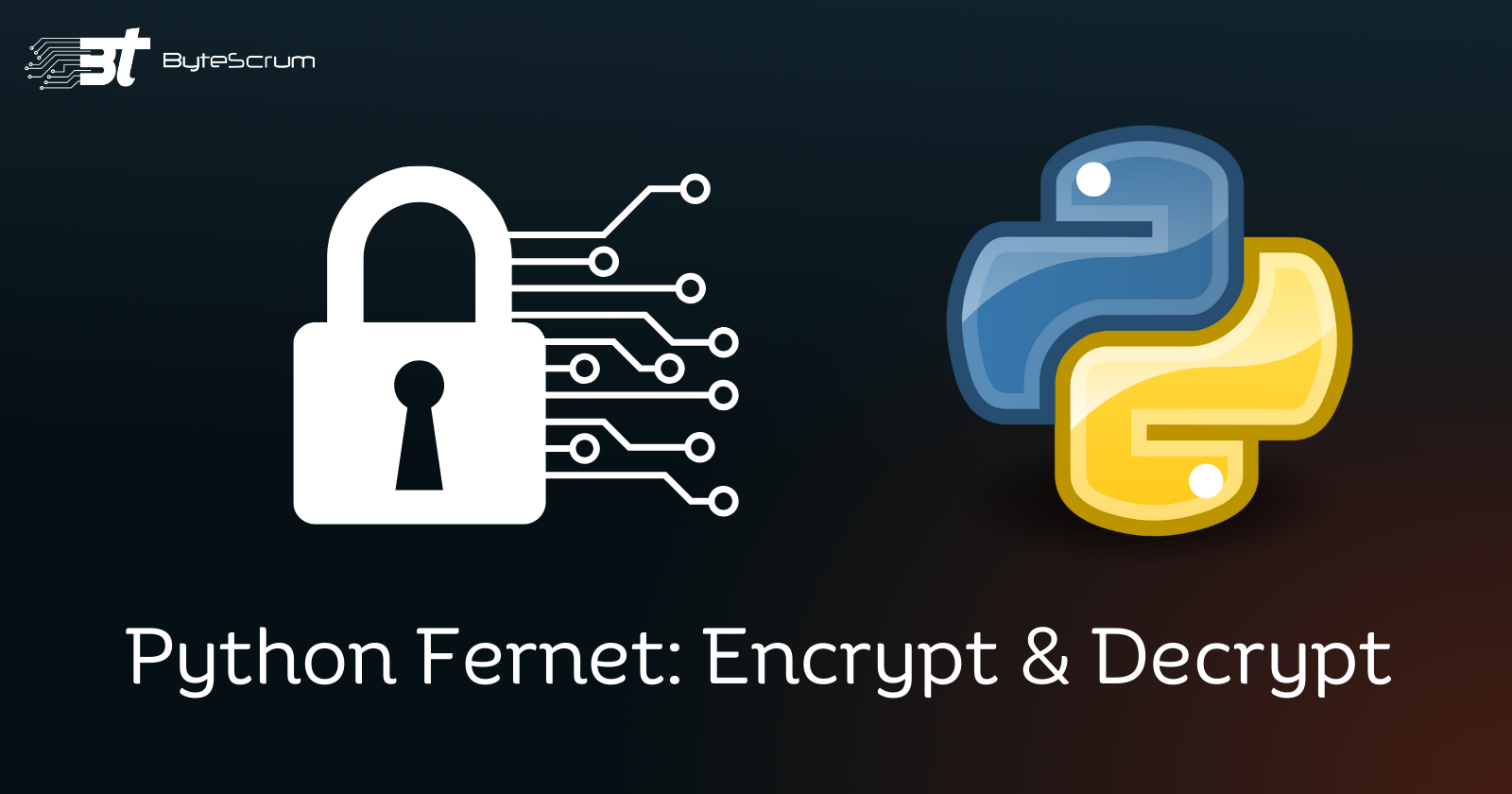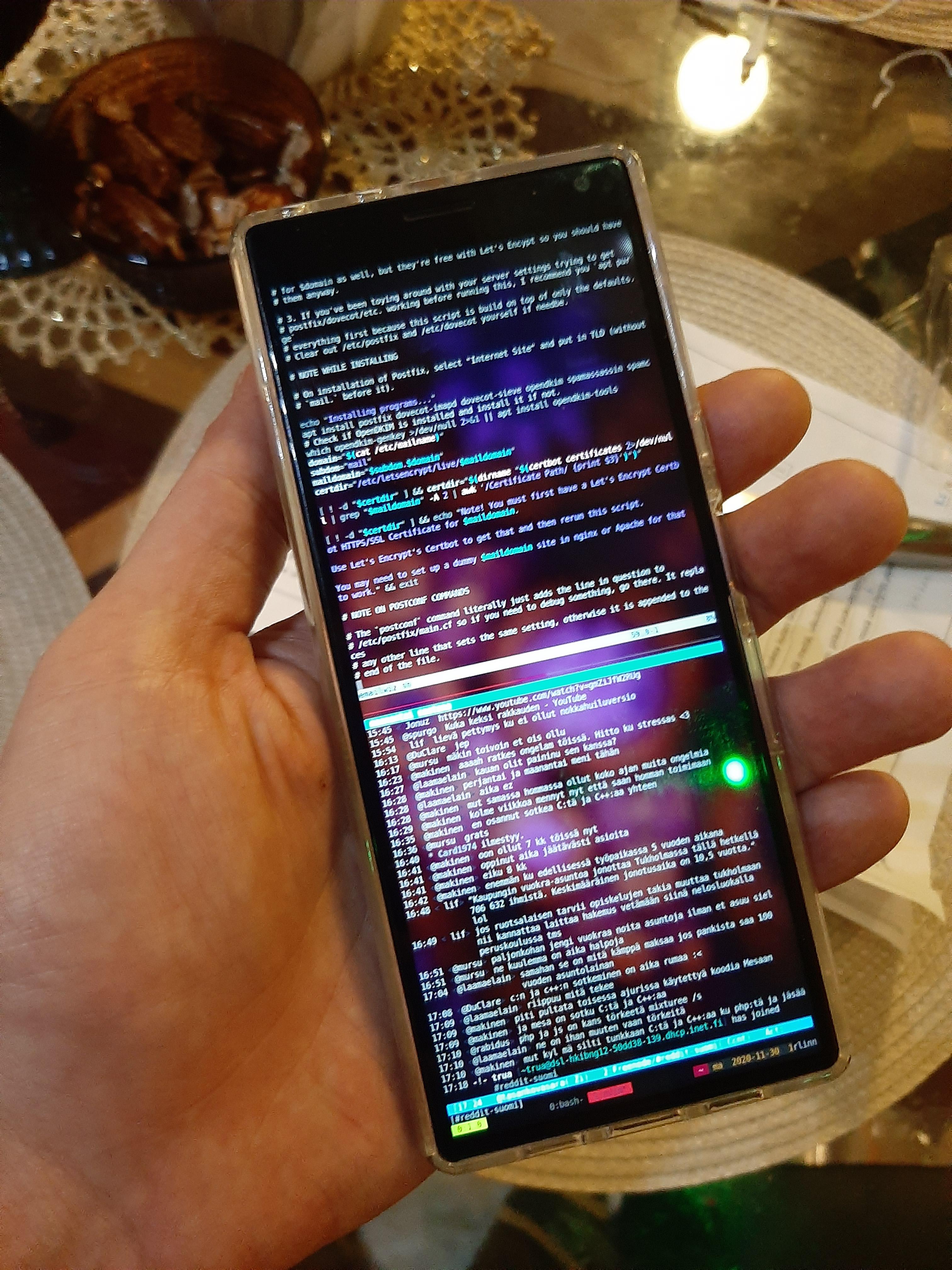Crypto Security and Android Development: Building an Offline Secrets Manager with Kivy
Using Kivy and Buildozer, I created an Android secrets manager app in pure Python3 syntax. Inspired by Piggydb, I wanted the software to help users securely encrypt and export their data, leading to easy transfer between devices. To develop an effective and privacy-oriented solution, I solved issues such third-party package compatibility, encryption implementation, and database choices along the way.


